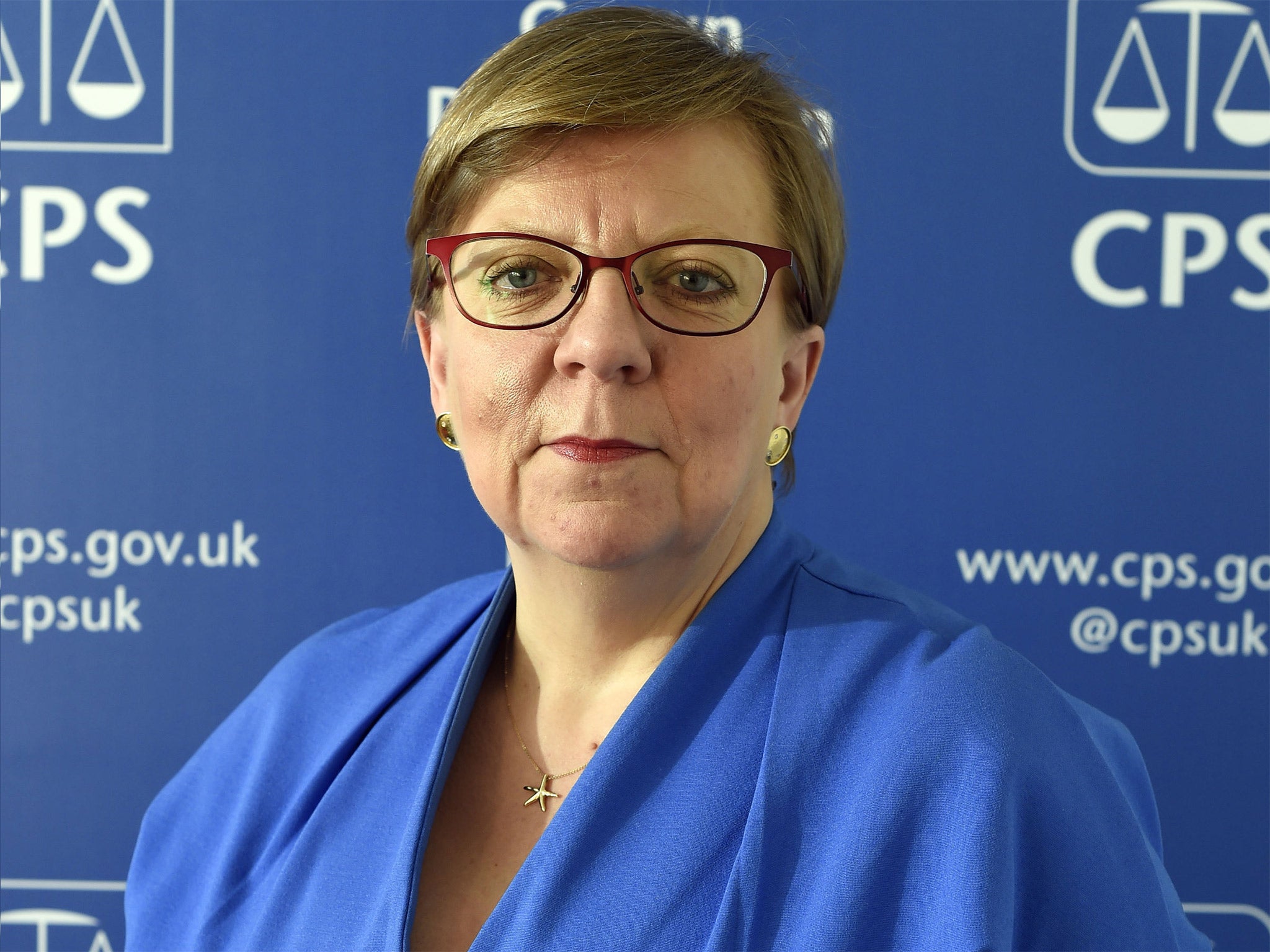Tom Peck's Sketch: Interrogation of Alison Saunders gets lost amid conflict of interest declarations
When your task is to interrogate the head of the CPS, you do unfortunately have to mention when you’ve worked for it

Your support helps us to tell the story
From reproductive rights to climate change to Big Tech, The Independent is on the ground when the story is developing. Whether it's investigating the financials of Elon Musk's pro-Trump PAC or producing our latest documentary, 'The A Word', which shines a light on the American women fighting for reproductive rights, we know how important it is to parse out the facts from the messaging.
At such a critical moment in US history, we need reporters on the ground. Your donation allows us to keep sending journalists to speak to both sides of the story.
The Independent is trusted by Americans across the entire political spectrum. And unlike many other quality news outlets, we choose not to lock Americans out of our reporting and analysis with paywalls. We believe quality journalism should be available to everyone, paid for by those who can afford it.
Your support makes all the difference.It’s possible the 11 members of the Justice Committee had every intention of asking Britain’s chief prosecutor a little bit about, say, phone hacking. Or the alleged paedophile in the House of Lords. Or any of the other matters that have prompted calls for her resignation.
But once they’d all finished declaring their various possible conflicts of interest, there simply wasn’t the time. When your task is to interrogate the head of the Crown Prosecution Service, you do unfortunately have to declare the occasions on which you’ve worked for it, which in a room full of MPs is never going to be quick.
The committee chairman, Conservative and (non-practising) barrister Robert Neill, magnanimously took off his wig for the occasion, but the pinstripes are sadly surgically attached. That the 11-person committee should contain two more barristers and three solicitors is hardly unrepresentative of Westminster life. Labour’s Rupa Huq is a former journalist, which at least makes her just as qualified to pontificate on matters of justice as the Justice Secretary.
“How do we help the public better understand what the Director of Public Prosecutions and the CPS does?” Mr Neill asked her.
The public understand very well what the CPS does. It declares Lord Janner unfit for trial, yet simultaneously claims to have “comprehensive files of evidence” of his systematic abuse of children. The public understands that well enough to set up online petitions calling for DPP Alison Saunders’ resignation.
In such clubbable circumstances, we should not be surprised that the only person to give Ms Saunders anything even remotely close to a hard time would be Kevin Davies MP, whose pre-political career was not spent at the bar, but at Asda.
He was keen to find out how often Ms Saunders visits court herself. “I go as much as I can, not as often as I should,” she said, which was eventually clarified as “once every few months”. It didn’t go down well, but who can blame her? Last month the New Zealand cricketer Chris Cairns turned up to defend himself against match-fixing allegations and almost had the ceiling of Southwark Crown Court collapse on top of him.
It was Davies who dared to suggest that victims, “when they turn up to see their little bit of justice done,” didn’t like seeing “prosecutors shuffling their papers around”, having only that very second got their hands on case notes, before winging their way against defence teams that have been preparing for weeks.
But here he had overstepped the mark. “You will not see prosecutors shuffling papers anymore,” Ms Saunders pointed out. “We receive cases digitally now.” Because the format, of course, was the main point he was making.
She shuffled her way out after that, her parliamentary pass still swinging round her neck. It was never going to be easy to work out who were the politicians and who the lawyers. It never is. But they’re not all meant to be on the same side.
Join our commenting forum
Join thought-provoking conversations, follow other Independent readers and see their replies
Comments